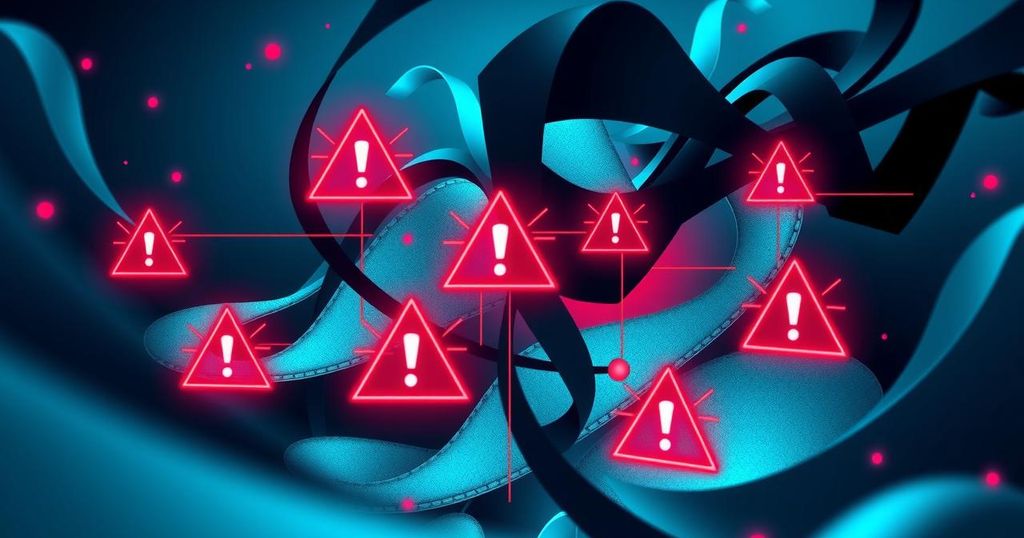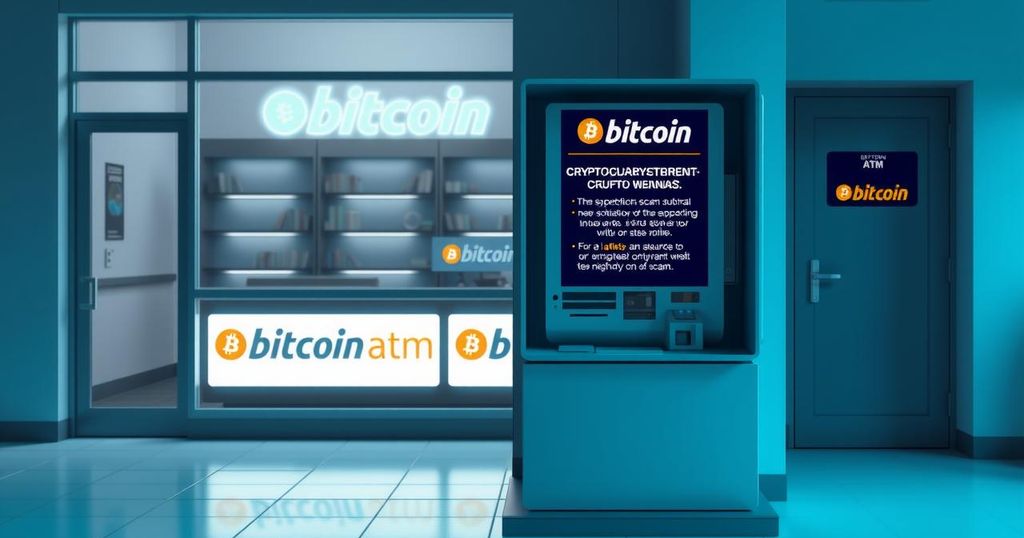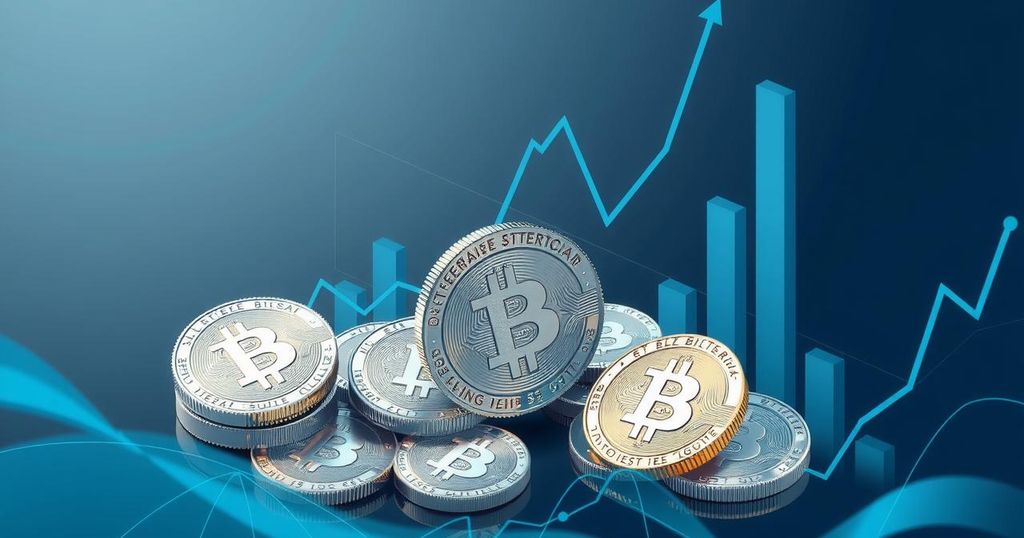Twitter Flooded with Crypto Recovery Scams: A Growing Concern
Twitter is witnessing a rapid surge in crypto recovery scams targeting victims of previous crypto losses. Unscrupulous accounts posing as recovery agents trick users into sending fees or sensitive information, resulting in more financial loss. Amid confusion over the legitimacy of trading platforms and the need for caution, experts stress the rarity of genuine recovery services in the crypto space.
In a concerning new trend within the crypto sector, Twitter has been overrun with fake “crypto recovery” scams that exploit users who have already lost money. These scams are particularly sinister, preying on the vulnerable by pretending to offer support while actually robbing victims of even more funds. It’s crucial for users to stay alert as their desperation makes them easy targets for manipulation.
A wave of warning has emerged surrounding platforms like Coinmz, Coinsoly, Bydbits, and ByteCross. The situation is murky, as it’s unclear if these platforms are legitimate or experiencing operational problems. However, the real danger lies in the multitude of Twitter accounts impersonating recovery agents, who falsely promise quick resolutions if users send money or provide sensitive data, such as wallet access.
Typically, these scams start with anxious tweets hashtagged with CryptoScam, CryptoRecovery, and ScamAlert to draw in worried individuals. After engagement, scammers use pressure tactics, claiming they can recover lost funds with a service fee or essential wallet details. Many who thought they were seeking assistance soon find themselves trapped in a more complex scam.
While questions remain about whether platforms like Coinmz and Coinsoly are genuinely blocking withdrawals, or if their names are being exploited by scammers, one thing is clear: caution is essential. Cybersecurity specialists warn that the chances of legitimate recovery in the crypto realm are slim, and any credible recovery service would never demand upfront payments via informal DMs.
This chaotic landscape of the crypto market worsens the situation. New investors, often drawn in by potential quick returns, frequently neglect standard security protocols. This negligence not only makes them susceptible to failing platforms but also to these distressing second-tier scams. In an environment that champions decentralization, individuals are expected to take responsibility for their own safety, a grim reality that fraudsters are keenly capitalising on.
The rise of these crypto recovery scams highlights the critical need for security and wariness in the blockchain environment. Trust must be built, especially during times of crisis. Until stronger protective measures are implemented, users should scrutinise all offers carefully and always remember, if it seems too good to be true, it probably is.




Post Comment